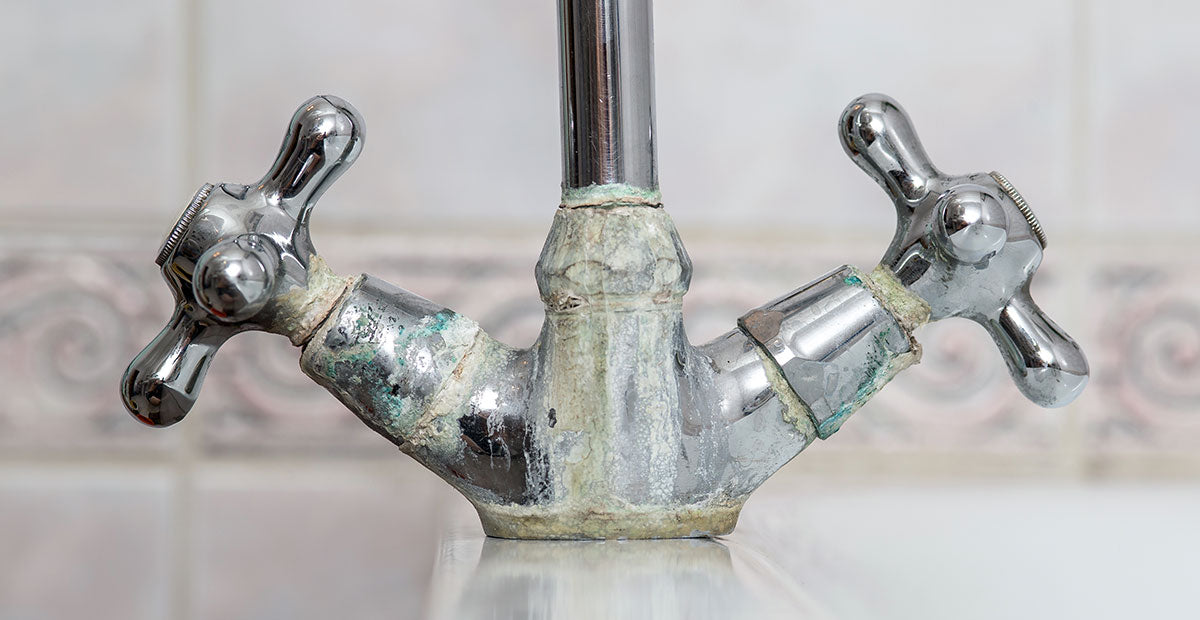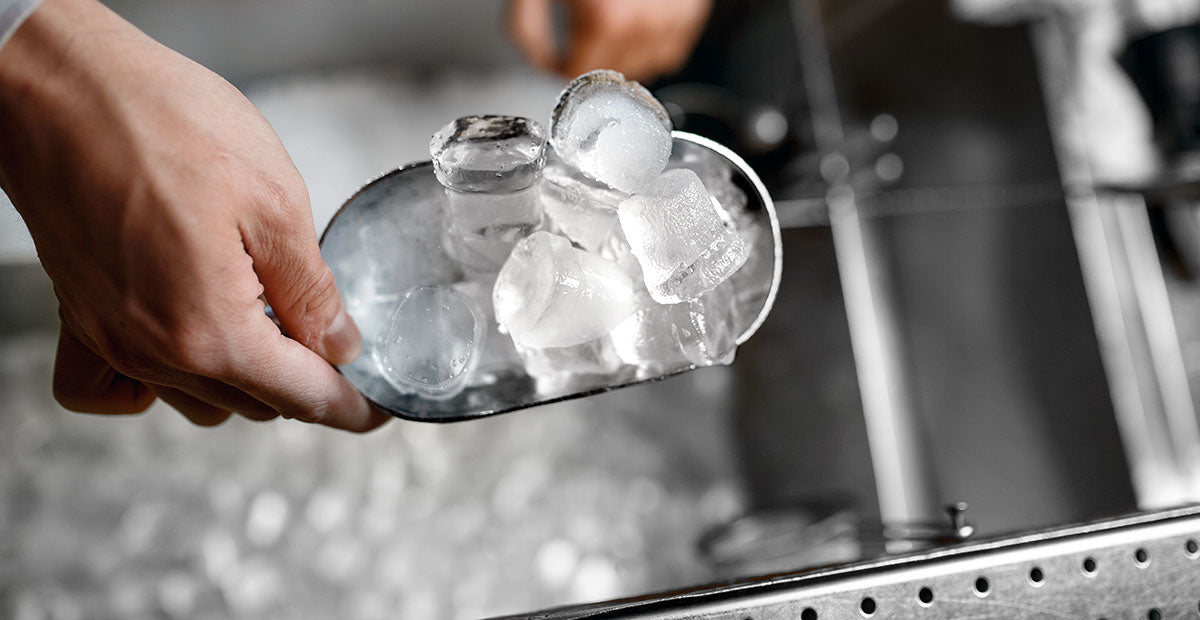L'eau dure est un problème courant au Canada, qui touche à la fois les approvisionnements en eau résidentiels et commerciaux. Mais qu'est-ce qui rend l'eau « dure » exactement et comment les facteurs géologiques et environnementaux des différentes régions du Canada contribuent-ils à ce phénomène ? Dans ce blog, nous explorerons les causes de l'eau dure, la manière dont les différentes régions du Canada sont touchées et si l'eau dure est meilleure ou pire pour votre santé que l'eau douce.
Qu'est-ce que l'eau dure ?
L'eau dure contient des niveaux élevés de minéraux dissous, principalement du calcium et du magnésium. Ces minéraux sont absorbés lorsque l'eau traverse le sol et les formations rocheuses, pour finalement pénétrer dans votre approvisionnement en eau. Plus l'eau contient de minéraux, plus elle est considérée comme « dure ».

Facteurs topographiques et géologiques responsables de la dureté de l’eau au Canada
-
Gisements de calcaire et de craie :
- Au Canada, l'eau dure se trouve souvent dans les régions où se trouvent d'importants gisements de calcaire et de craie. Ces formations rocheuses sont riches en carbonate de calcium. Lorsque l'eau les traverse, elle dissout ces minéraux, ce qui augmente la dureté de l'eau.
-
Des régions comme certaines parties de l’Ontario et du Québec sont plus sujettes à l’eau dure en raison de ces caractéristiques géologiques.
-
Eaux souterraines et eaux de surface :
- L'eau dure est plus souvent présente dans les sources d'eau souterraine que dans les eaux de surface. En effet, l'eau souterraine se déplace lentement à travers la roche et le sol, ce qui lui permet de dissoudre davantage de minéraux en cours de route.
-
Les eaux de surface, comme celles que l’on trouve dans les rivières et les lacs, ont généralement une teneur en minéraux plus faible car elles s’écoulent plus rapidement et n’interagissent pas autant avec les roches riches en minéraux.
-
Climats arides et semi-arides :
-
Le Canada est généralement connu pour ses ressources en eau abondantes, mais certaines régions connaissent un climat semi-aride, notamment dans le sud des Prairies. Ces régions ont tendance à avoir une eau plus dure en raison de précipitations moins abondantes, ce qui signifie moins de possibilités de diluer les minéraux dans l'approvisionnement en eau.
Dureté de l'eau au Canada
La dureté de l’eau varie considérablement au Canada, en fonction de la composition géologique de la région :
-
Régions d’eau dure : Certaines régions de l’Ontario, du Québec et des provinces des Prairies connaissent souvent une eau plus dure en raison de la présence de calcaire et d’autres formations riches en minéraux.
-
Régions d'eau plus douce : Les régions de la Colombie-Britannique, en particulier celles qui dépendent des eaux de surface des régions montagneuses, ont généralement une eau plus douce, où l'eau contient moins de minéraux en raison de la géologie de la région et des précipitations abondantes.
Comprendre et gérer l’eau dure dans les entreprises canadiennes
Comprendre la dureté de votre eau et les facteurs géologiques qui y contribuent peut vous aider à prendre des décisions éclairées concernant le traitement de l'eau pour votre entreprise. L'eau dure, bien que non nocive pour la santé, peut entraîner des problèmes avec la plomberie, les appareils électroménagers et la qualité globale de l'eau.
Vous souhaitez en savoir plus ? Consultez notre section sur le traitement de l'eau ou contactez-nous . Nous sommes là pour vous aider à trouver la solution de traitement de l'eau adaptée à votre entreprise.




